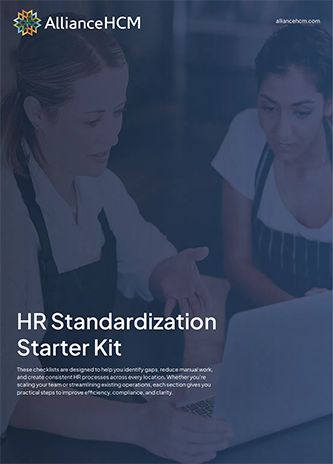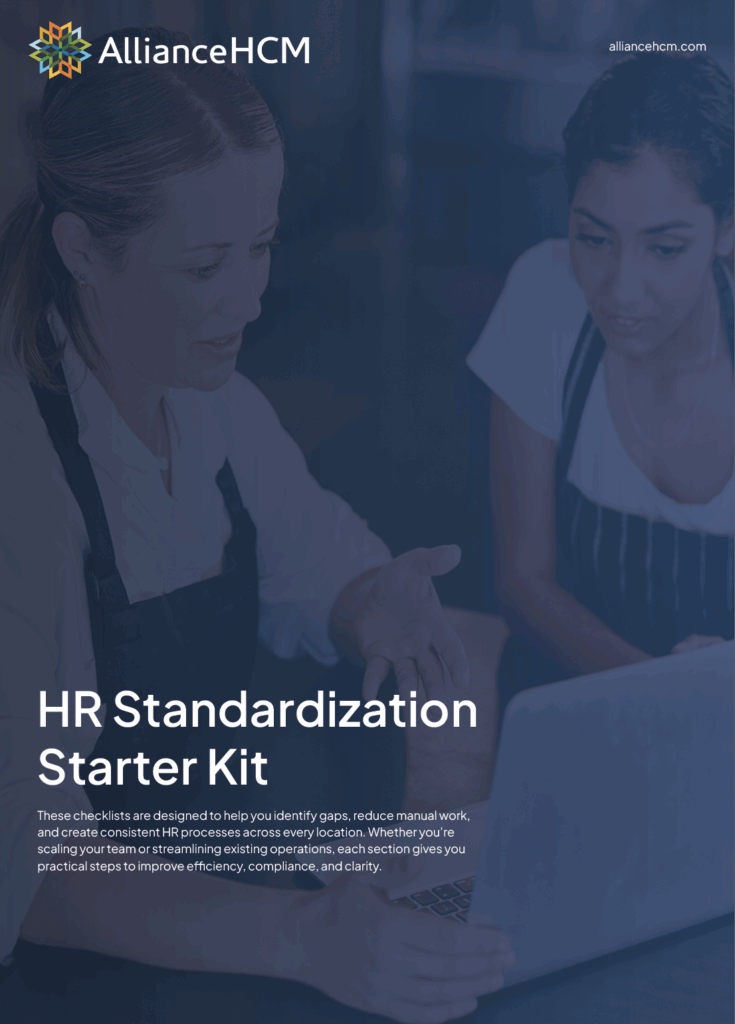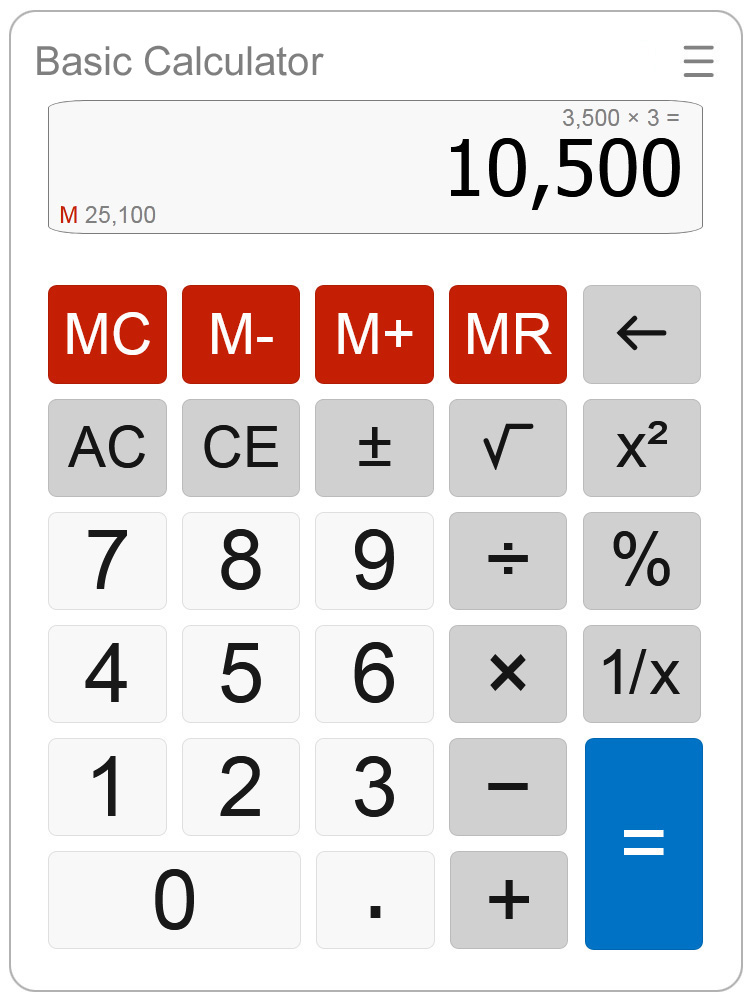Periods of growth are fascinating for small and midsize businesses, but they also bring new HR challenges.
Along with adding employees—which may change the feel of your culture as well as your floorplan—your organization may become subject to federal and state laws that take effect once you have a certain number of employees.
Most employment laws apply to organizations based on the number of people they employ, so as you grow, it’s vital to keep up-to-speed on any laws that newly apply or will soon apply to your organization.
Federal Laws
To understand the scope of many of the federal laws discussed below, employers need to know the definition of discrimination. In the context of employment law, discrimination means taking any adverse (or unfavorable) action against an employee. Adverse action includes but isn’t limited to the following:
- Failure to hire
- Failure to train or offer an opportunity
- Failure to promote
- Failure to offer an accommodation required by law or offered to a peer
- Offering a lower wage or salary than to a peer
- Offering fewer benefits than to a peer (e.g. vacation, 401(k), bonuses, covered expenses)
- Taking more aggressive disciplinary action, including any of the above, than with a peer
- Reducing pay or benefits
- Transferring to a less desirable position, shift, or location
- Demotion
- Termination
Americans with Disabilities Act (ADA) – 15 employees
The ADA protects qualified individuals with disabilities from unlawful employment discrimination. It requires an employer to make reasonable accommodations for disabled individuals unless doing so would place an undue burden on the employer.
Title VII of the Civil Rights Act – 15 employees
Title VII prohibits discrimination based on race, color, national origin, religion, and sex. Many courts have ruled that sex includes sexual orientation and gender identity. The Equal Employment Opportunity Commission, which enforces Title VII, also operates as if sex includes sexual orientation and gender identity.
Pregnancy Discrimination Act (PDA) – 15 employees
The PDA amended Title VII of the Civil Rights Act to protect individuals from discrimination based on pregnancy, childbirth, or related medical conditions. It defines pregnancy as a temporary disability for which reasonable accommodations are required.





